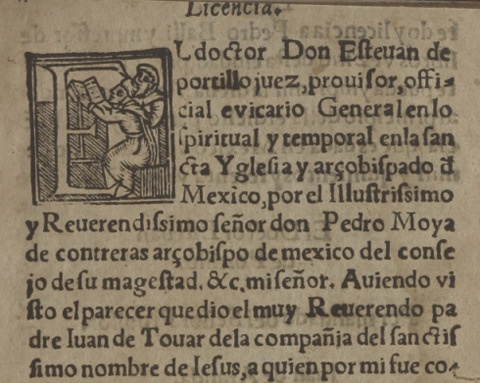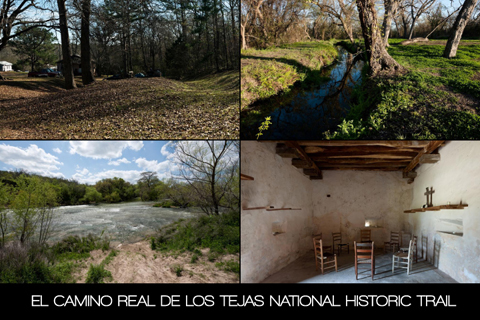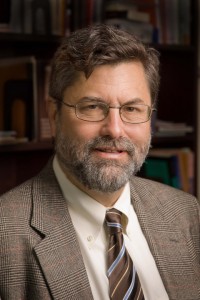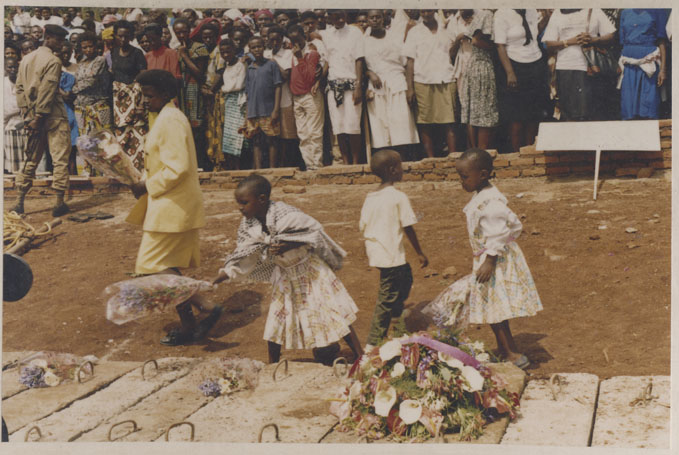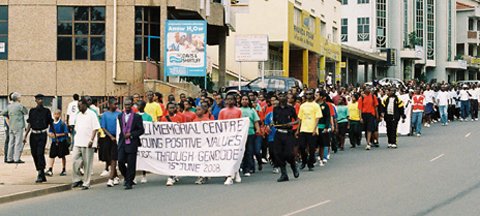
University of Texas Libraries Director Fred Heath traveled to Guatemala in December 2011 to participate in the launch of a joint project between the Guatemalan National Police Archive (AHPN) and The University of Texas at Austin. Together, AHPN and the Libraries would provide public access via the web to records of human rights violations by government agents that were discovered in a military munitions dump in 2004.
This is Dr. Heath’s travelogue of his trip.
Our flight to Guatemala City, 5,000 feet up in the Central American highlands took two and a half hours. Our destination was the National Police Archives, where on Friday we would celebrate with our colleagues, the recent opening of the AHPN website. I had yet to write my brief remarks.
In the cramped rear coach seat of the Boeing 737, I held my laptop in my lap, with the screen tilted slightly forward to accommodate the encroaching seatback of the traveler in front of me, and edited my three-minute talk. I was working from the draft I delivered the week before, when we first opened the web site of the Guatemalan National Police Archive.
Our next day — Friday, December 9 — would be International Human Rights Day, and AHPN director Gustavo Meoño had shrewdly decided to reciprocate the previous week’s events with a ceremony in Guatemala City celebrating the partnership between AHPN, administratively housed within the Ministry of Culture, and the University of Texas.
At 35,000 feet, I was not sure what to expect. I did know that Christian Kelleher (program coordinator for the Human Rights Documentation Initiative), Karen Engle (director of the Rapaport Center for Human Rights and Justice) and Daniel Brinks (professor and co-director of Rapaport) would all address the audience at AHPN, projected to be some 200 in number, but I knew little about the attendees. I also knew that all three of my colleagues would deliver their remarks in Spanish; so I was determined to keep my Anglo remarks brief. As I wrote, I wanted to answer the question of why democracies elect to archive and preserve even the dark chapters of their histories, rather than deny or erase them. I chose to use the example of the Lyndon Baines Johnson Library & Museum, whose holdings allow researchers to address the issues of the transfer of presidential power in the aftermath of the assassination of John Kennedy, to study an epochal period in our own tumultuous civil rights movement, and to inquire into the dark chapter that was the war in Vietnam. My hope was that in my brief remarks I could remind our Guatemalan audience that in a democracy it is necessary to study all parts of our past, in order to learn from our accomplishments, and avoid the recurrences of our missteps. Continue reading The Libraries Afield: Launching the Guatemalan National Police Archives Website

